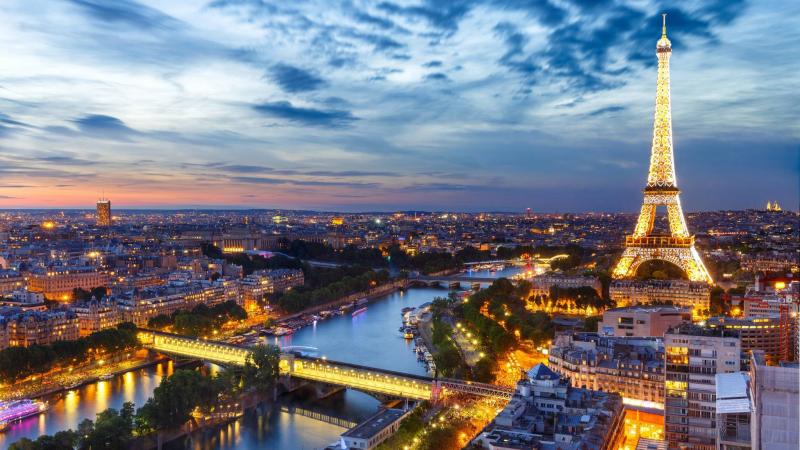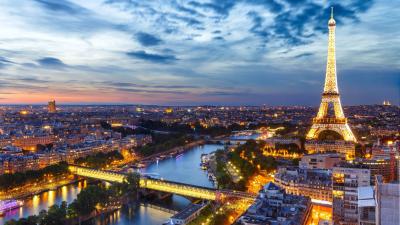Amid the chaos of financial instability, marked by the ongoing decisions of the Central Bank of Lebanon and the citizens suffering from fluctuations in the dollar exchange rate in the black market and fuel prices, all political matters are sidelined until after the holidays, awaiting what the new year will bring in terms of developments related to the presidential election. It remains uncertain whether the Speaker of the House, Nabih Berri, will call for a new dialogue regarding the presidential elections after some parliamentary blocs refused to respond to his previous invitations.
However, some parliamentary circles believe that "Berri will not give up on calling for dialogue if the opportunity arises, as he realizes that electing the new president can only result from discussions among the concerned parties, to end the current state of vacancy." They noted that "there is anticipation regarding the outcomes of the upcoming quadrilateral meeting scheduled to be held in Paris in the first half of next month." They indicated that "the French are pressing for the presidential election to be completed as soon as possible, considering the dire consequences of the presidential vacancy on the country."
Furthermore, it has been revealed that Qatar and Egypt are considering inviting several influential Lebanese leaders to discuss ways to facilitate the completion of the presidential elections swiftly, in order to alleviate the suffering of the Lebanese people and curb the deterioration of their social and living conditions, which have exceeded all limits.
In light of the Arab League's readiness to provide the necessary support to Lebanon to resolve its crisis, the Secretary-General of the Arab League, Ahmed Aboul Gheit, stated his preference for the solution to be in the hands of the Lebanese themselves. If this is not possible, then it is better for the solution to emerge from within the Arab house. Thus, Doha is playing a crucial role in resolving the vacancy issue and opening doors for Lebanese consensus on a new president who should enjoy broad internal agreement to fulfill their role and rebuild bridges between Lebanon and both the Arab and international communities.
While the international community shows concern for the future of conditions in Lebanon, should a president not be elected, the Paris meeting is likely to serve as a key station in paving the way towards ending the vacancy, leading toward adopting a consensus figure for the presidency. It was revealed that the only candidate among all the contenders who possesses consensus status is Army Commander General Joseph Aoun. Therefore, this meeting may pave the way for General Aoun to reach the Baabda Palace, especially considering that no party can successfully bring forward its candidate. Given that Hezbollah understands it cannot create conditions for electing its candidate, Sleiman Frangieh, to the presidency, it may ultimately find itself compelled to accept the Army Commander as president, as he is the only one with near-universal support from political forces.
While it may be premature to speak of a presidential initiative that could lead to consensus regarding the anticipated elections, parliamentary circles do not exclude the possibility of informal consultations paving the way for such an initiative. This is similar to what independent MP Ghassan Skaf indicated, as they await the positions of the other political forces and what can emerge from the rounds of discussions that the head of the Free Patriotic Movement, MP Gebran Bassil, is expected to have with political leaders. It is anticipated that he will meet early in the new year with the Speaker of Parliament and the head of the Kataeb Party, MP Sami Gemayel. However, it was pointed out that it is not guaranteed that political components will respond to this call to end the presidential vacancy, or that, in light of Hezbollah’s insistence on its candidate Frangieh, this attempt will go to waste, as has happened previously.
Amid discussions about the possibility of the Lebanese Forces proposing a presidential initiative, as indicated by MP Melhem Riachi in this context, political forces will state their positions on it. Nevertheless, despite the blockage of internal solutions to overcome the presidential impasse, and the impossibility of any team imposing its choices on others, this scenario in itself justifies pursuing a dialogue to reach consensus on a new president. Internal and external communications will not cease, as parliamentary circles have revealed, given the risks of continued paralysis affecting the country's institutions, aimed at creating conducive environments to reconnect political components. There is hope that the beginning of the year will see the unraveling of the knots preventing consensus on a new president, thereby alleviating the existing suffering and ultimately allowing involved parties to agree on the future president who will receive Arab and international support to end the tragedies facing the Lebanese people.




